DROPPS BLOG
- Page 1 of 13
- Next
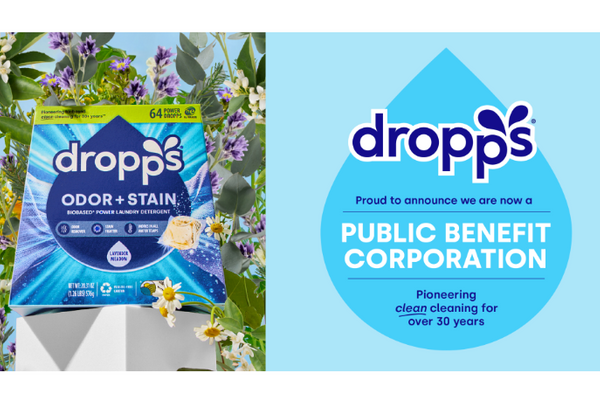
Dropps is Now Officially a Public Benefit Corporation!
Estimated reading time 1 minute
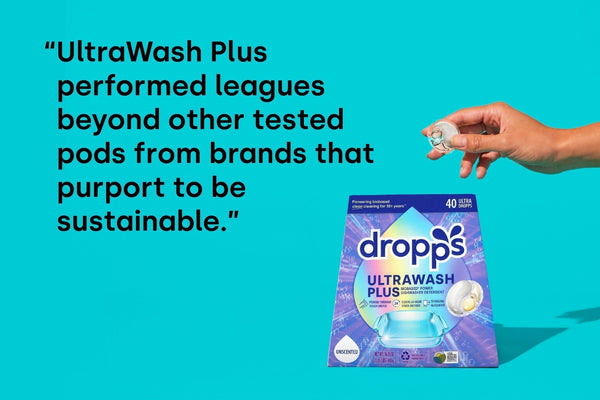
Why Wirecutter says we're a "great alternative" to the big brands
Estimated reading time 1 minute
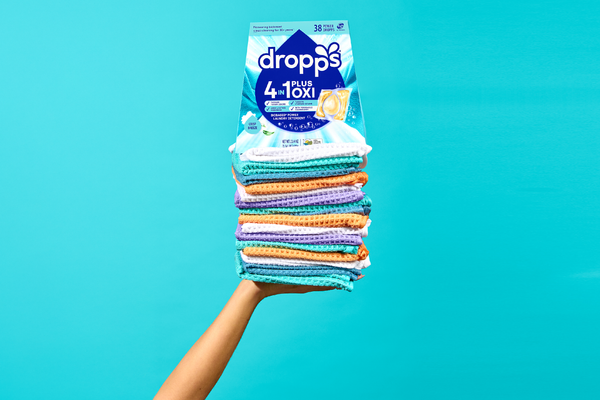
4 Smelly Laundry Odors & How to Outsmart Them with Dropps
Estimated reading time 1 minute
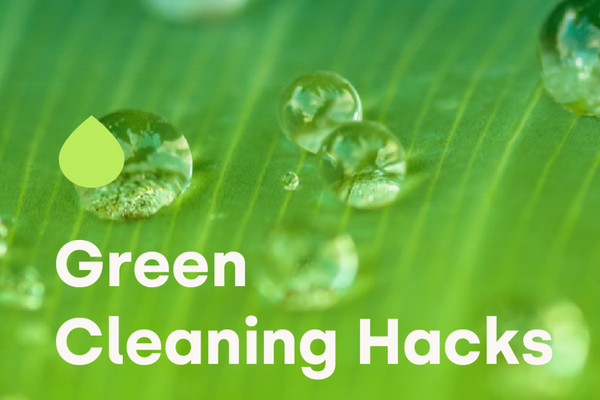
5 Green Cleaning Hacks
Estimated reading time 1 minute
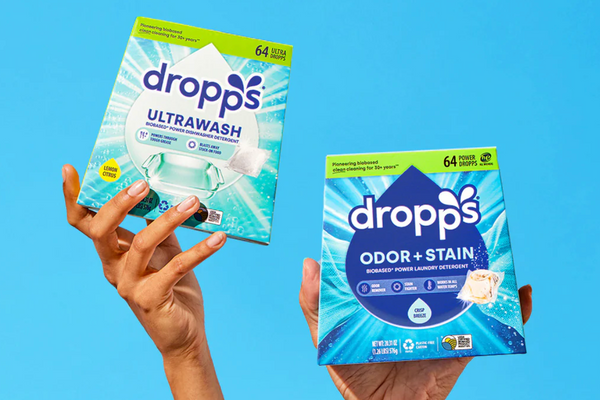
Unboxing Our New Look
Estimated reading time 4 minutes

A Closer Look at UltraWash Plus
Estimated reading time 1 minute
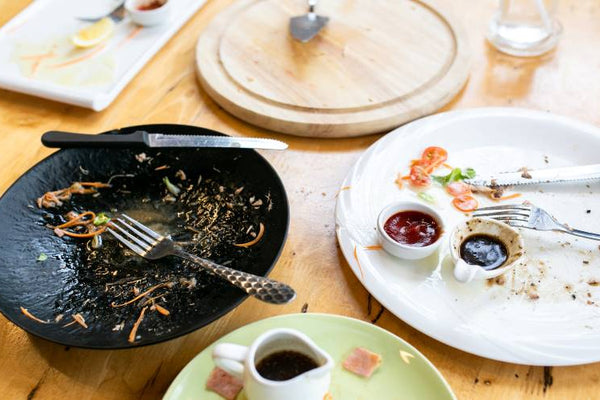
Dishwasher not cleaning? Why you have dirty dishes in the dishwasher
Estimated reading time 4 minutes
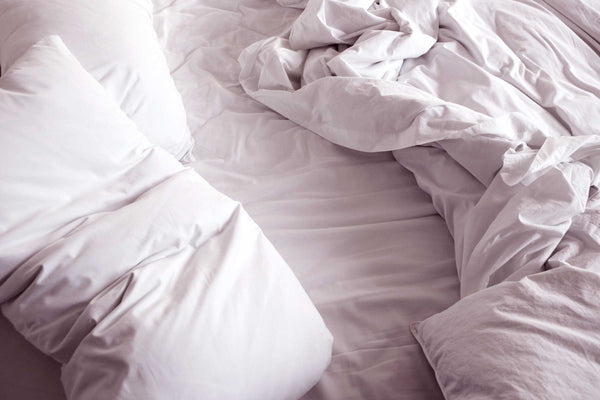
The Truth About Liquid & Sheet Fabric Softeners
Estimated reading time 1 minute
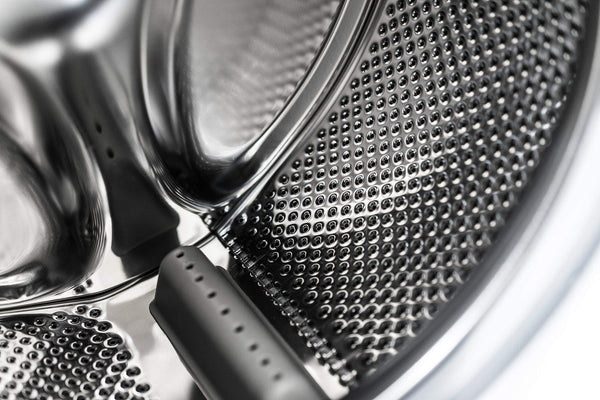
Get a Clean Washing Machine
Estimated reading time 3 minutes
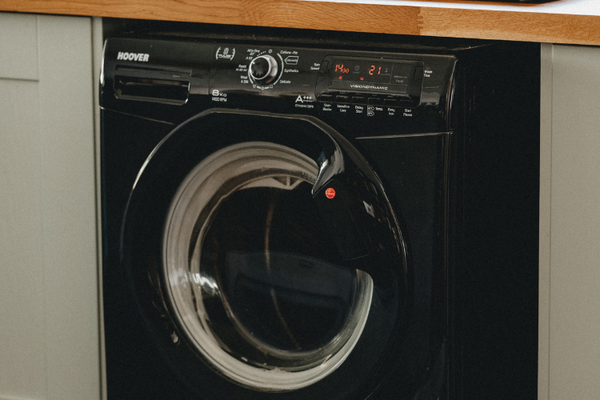
Impeller vs. Agitator in Washing Machines
Estimated reading time 2 minutes
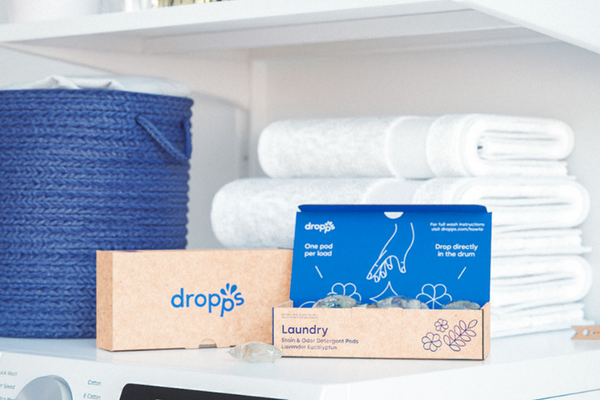
Decoding the Duo: Fabric Conditioner vs. Detergent
Estimated reading time 3 minutes

How to Remove Yellow Stains from White Clothes
Estimated reading time 2 minutes
- Page 1 of 13
- Next